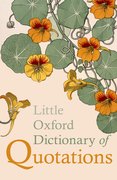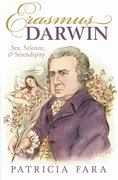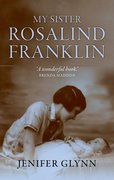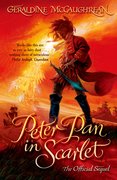People of computing
According to Oxford Reference the Internet is “[a] global computer network providing a variety of information and communication facilities, consisting of interconnected networks using standardized communication protocols.” Today the Internet industry is booming, with billions of people logging on read the news, find a recipe, talk with friends, read a blog article (!), and much more.












